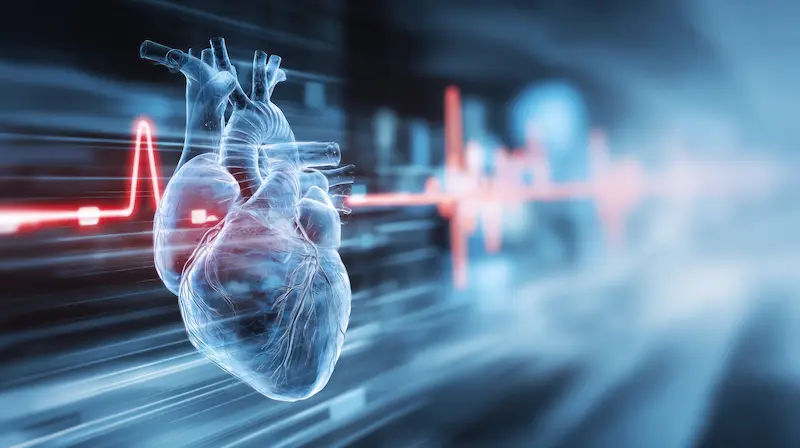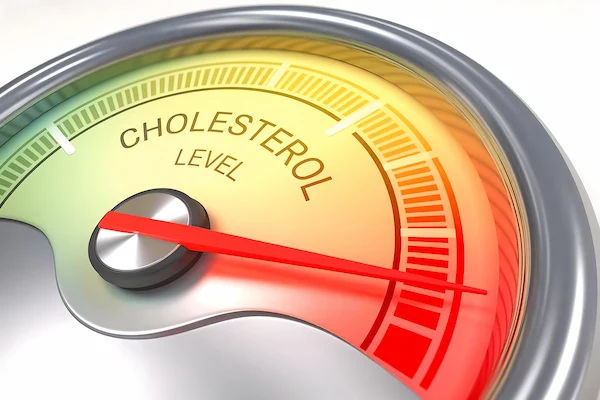- Male
- 42 Years
- 22/01/2025
I'm really concerned about this situation. I recently experienced chest pain and pain in my left hand, so I went to the doctor and had a TMT test done. The results came back positive for exercise-induced myocardial ischemia. What's confusing is that I had a CT Coronary Angiogram back in 2019 and everything was normal then. Could you help me understand what this might mean for my heart health now? I've attached my TMT and Angiogram reports for reference.
More Cardiology Health Queries
View allI'm concerned about my blood pressure being 142 over 70. Could you help me understand what might be causing this and what solutions there might be?
Thats absolutely normal,no need to worry,maintain healthy lifestyle
read more![Doctor 1]()
![Doctor 2]()
Answered by 1 Apollo Doctors
I'm Sanjay Jain, and I'm really concerned about my ECG results. I'm 28 years old, and I don't have diabetes. Can you help me understand if there's something wrong with my ECG? I'm just not sure what issues it might show.
based on the information provided, I cannot interpret the ECG without seeing the actual report. However, if you have concerns about your ECG results, it is important to follow up with your healthcare provider for a proper evaluation and interpretation.
read more![Doctor 1]()
![Doctor 2]()
Answered by 1 Apollo Doctors
I've been feeling some pain in my chest, shoulder, and back, and the doctor thinks it might be diastolic dysfunction grade one. Is this something serious? I'm really curious about whether this condition can be cured. Also, does what I eat or how much I exercise make a difference in dealing with this issue? The doctor gave me some medicine, but I'm not sure where to go from here.
Yes that is reversible,no need to worry follow your doctors advice
read more![Doctor 1]()
![Doctor 2]()
Answered by 1 Apollo Doctors
Disclaimer: Answers on Apollo 247 are not intended to replace your doctor advice. Always seek help of a professional doctor in case of an medical emergency or ailment.





